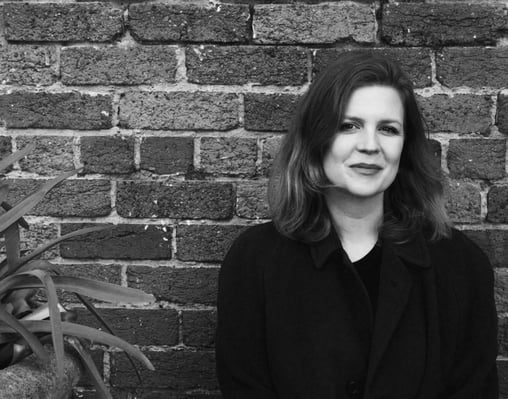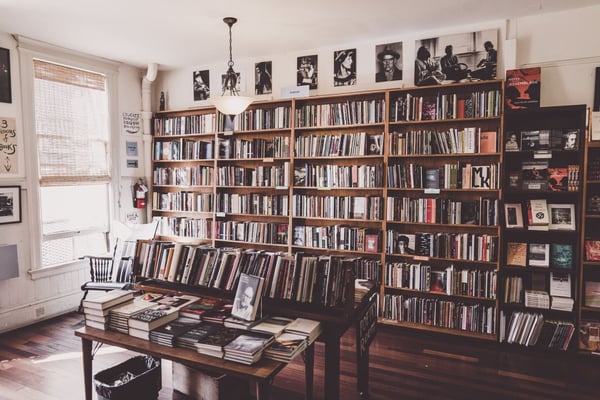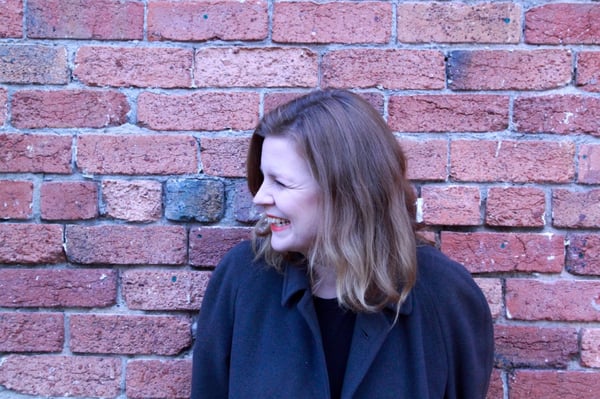Author and Novel Writing Competition Guest Judge, Emily Gale, started her career as a children’s book editor. Then, in her late twenties, she “bit the bullet” and decided to pen her first novel with the help of a supportive online writing community (ahem…sound familiar?). So, writers, whether you’re writing a novel this month as part of NaNoWriMo, or working on an excerpt for our Novel Writing Competition, you can feel good knowing you’re taking an exciting step toward your writing goals! Read on to learn more about Emily’s journey as a novelist and her tips for writing a stellar competition entry.

So many of our young writers dream about becoming novelists. Can you tell us a bit about your journey and career path? Do you have any tips for how to get your start as a young writer?
Writing brought me comfort, joy and a sense of control when I was a teenager but even though there wasn’t anything I’d have preferred to spend my whole life doing, I couldn’t conceive of writing fiction as a career—I had never met an author, they were almost in the same category as unicorns! So after studying English Literature at university I applied for any sort of job that involved words and ended up becoming an Editorial Assistant at Penguin Books. If that sounds glamorous, hold on: I was in charge of Peter Rabbit, Spot, and the Flower Fairies. With that said, the ensuing years working in editorial brought me so much closer to the idea of writing my own stuff. I met a few authors; they seemed like pretty normal people, not a unicorn in sight.
My early works are a direct result of the years I spent as an editor in children’s publishing, and that’s not the path for everyone but it was a career I enjoyed. By the time I finally bit the bullet and wrote my first novel I was in my late twenties. One thing that helped enormously was being part of a writers forum where, under a pseudonym, I shared work, critiqued other people’s work, chatted about the struggles and joys of writing and got tips from writers with much more experience than me. Being part of a writing community was exactly what I needed. Instead of just thinking about writing I was finally talking about it with others and even better, I was actually doing it!
For this competition, writers are asked to submit an excerpt of a larger work. Do you have any advice on how they should choose which excerpt to submit?
Sometimes the opening is the most appropriate excerpt if, like me, you tend to dwell for ages on your first few pages until you’re completely satisfied, with the result that it’s wonderfully tight and precise
with great pace and direction. With that said, not everyone works that way so I’d say look for an excerpt that showcases a few different aspects of your writing and don’t worry too much about the context of the larger work. Choose a part where your major themes are showcased. Choose a part that you absolutely loved writing.

What are you looking for in a winning entry?
I’m always looking for voice first and foremost, which is the distinct music or personality of your writing. I know that can make some people nervous because it can be difficult for writers (notoriously hard on themselves) to believe that they have something unique to share, especially after working so hard on something—that self-doubt creeps in. But what I want to see is the ‘you’ in the way you tell a story. I want good flow, natural dialogue—if dialogue is appropriate to the excerpt you’re sharing, and characters that feel like whole people. I’m not interested in finding fault, but in finding gold.
You’re a self-described “avid reader”. In what ways has being an avid reader helped you as a writer?
Although the process of reading novels in high-school in order to analyze them to death was something I occasionally found tedious (depending on the book), that process is fundamental to any skill I may have as a writer now. I haven’t taken any writing courses but I believe that reading voraciously has been my version of studying how to write novels. I ask myself regularly, how has the author achieved this? What specific things have they done to make me feel this way about a character? What is the shape of this story? How can I apply what I’m seeing here to my own writing? So when I’m reading, I’m also trying to see the ‘workings’ of a book.

What are you currently working on? Anything we should keep an eye out for in 2020?
My next book should be out next year and it’s a novel I’ve co-written with Nova Weetman (author of The Secrets We Keep and Sick Bay). It’s a time-slip body-swap but I can’t say more than that at this stage, other than the fact that it will be published by Text Publishing. The manuscript I’m working on right now (for NaNoWriMo) also features some ‘slips’ of time, plus ghosts and libraries. Like my novel I Am Out With Lanterns it has more than one point-of-view, as that’s one of my favorite ways of telling a story.





